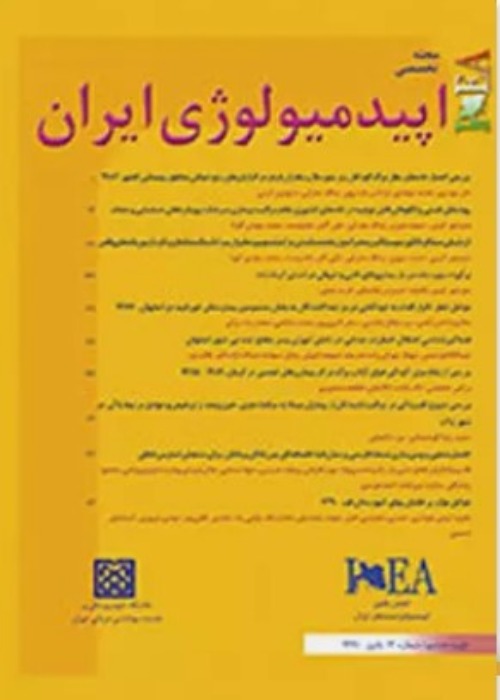Methodological Assessment of Case- Crossover Studies
Author(s):
Abstract:
The case-crossover design was developed in the early 1990s to study the effects of transient, short-term exposures on the risk of acute events such as myocardial infarction. To estimate relative risk, the exposure frequency during a period just before outcome onset (hazard period) is compared with exposure frequency during control time(s) in that person rather than in a control. One or more "control times" are supplied by each of the cases themselves to control for confounding by constant characteristics and self-confounding between the trigger's acute and chronic effects. In the analysis of case-crossover studies, exposure frequency in the hazard period is compared with the control period or the individual's usual frequency of exposure. The design has been used frequently for heart diseases, injuries and air pollution epidemiology. This review article looks at published case-crossover studies and is intended to help the reader gain a better understanding of the strengths and limitations of the case-crossover design in studying the epidemiology of injuries and air pollution.
Keywords:
Case , crossover , Matched case , control
Language:
Persian
Published:
Iranian Journal of Epidemiology, Volume:4 Issue: 1, 2008
Page:
59
magiran.com/p615154
دانلود و مطالعه متن این مقاله با یکی از روشهای زیر امکان پذیر است:
اشتراک شخصی
با عضویت و پرداخت آنلاین حق اشتراک یکساله به مبلغ 1,390,000ريال میتوانید 70 عنوان مطلب دانلود کنید!
اشتراک سازمانی
به کتابخانه دانشگاه یا محل کار خود پیشنهاد کنید تا اشتراک سازمانی این پایگاه را برای دسترسی نامحدود همه کاربران به متن مطالب تهیه نمایند!
توجه!
- حق عضویت دریافتی صرف حمایت از نشریات عضو و نگهداری، تکمیل و توسعه مگیران میشود.
- پرداخت حق اشتراک و دانلود مقالات اجازه بازنشر آن در سایر رسانههای چاپی و دیجیتال را به کاربر نمیدهد.
In order to view content subscription is required
Personal subscription
Subscribe magiran.com for 70 € euros via PayPal and download 70 articles during a year.
Organization subscription
Please contact us to subscribe your university or library for unlimited access!


